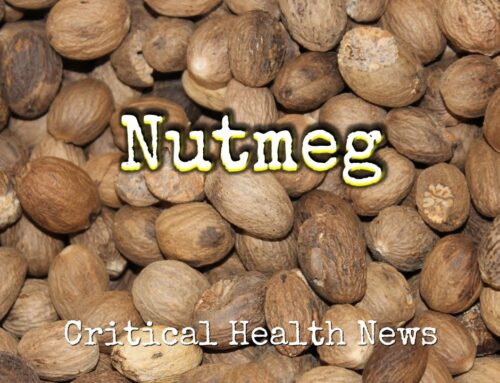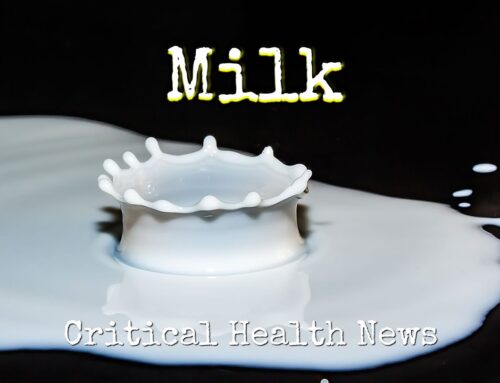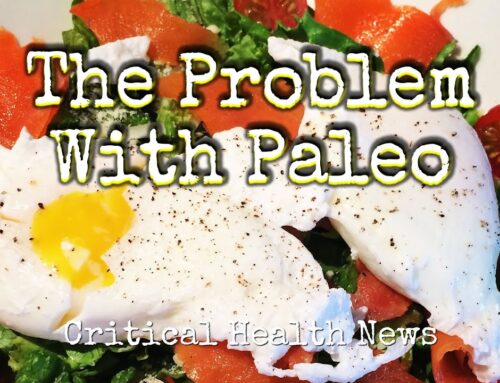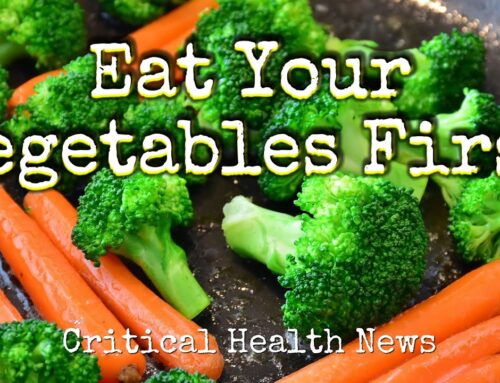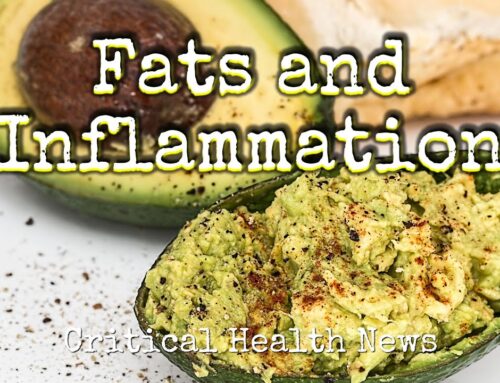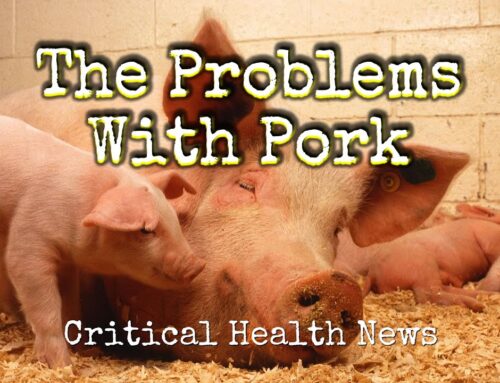While most people know of it as part of a protocol for addressing hypothyroidism, Iodine is an essential nutrient that plays a role in the health of all the glands of the body, as well as the digestive and reproductive systems. Iodine is also vital for healthy fetal development and, under severe deficiency states, birth defects are likely, especially involving the nervous system. A maternal lack of iodine can lead to mental retardation, cretinism and developmental delays.
Iodine is important for immunity. It has antiseptic effects that can protect the body against bacteria, parasites and viruses. Recently, it has been discovered that white blood cells need iodine to protect the body from infectious organisms. Iodine may offer protection from allergens and autoimmune triggers. It also stabilizes nutritional fats, especially the ones that are delivered to the heart, the brain and the eyes.
Iodine also plays a role in the health of the mammary glands. Many researchers believe that it may offer protective benefits against fibroids and breast cancer.
Iodine is a relatively rate element, particularly terrestrially. Most plants are unlikely to contain significant amounts of this critical nutrient. In fact, other than fish, shellfish and seaweed, which are natures best dietary sources of iodine, it is hard to find in any natural foods.
To make sure you are getting enough, it is probably a good idea to supplement. With 12.5 mg a day of iodoral iodine or a generic equivalent. Recently a supplement called nascent iodine has become popular. This form of iodine has an electrical charge that can make it easier for the body to assimilate.


